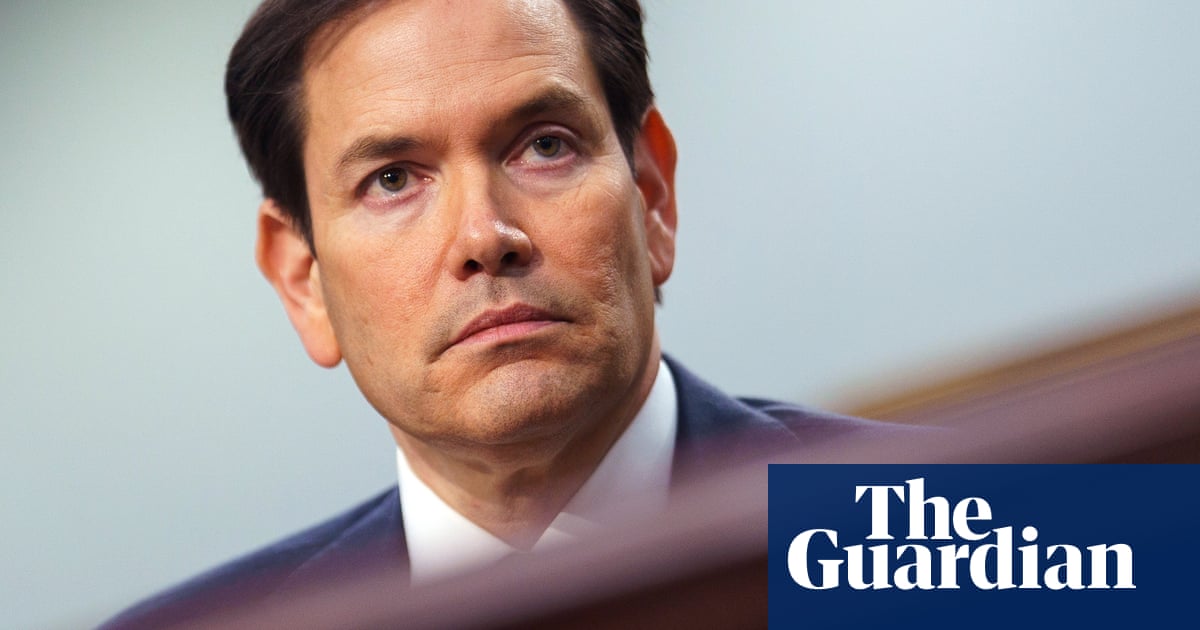Foreign students will be required to unlock their social media profiles to allow US diplomats to review their online activity before receiving educational and exchange visas, the state department has announced. Those who fail to do so will be suspected of hiding that activity from US officials.
The new guidance, unveiled by the state department on Wednesday, directs US diplomats to conduct an online presence review to look for “any indications of hostility toward the citizens, culture, government, institutions, or founding principles of the United States”.
A cable separately obtained by Politico also instructs diplomats to flag any “advocacy for, aid or support for foreign terrorists and other threats to US national security” and “support for unlawful antisemitic harassment or violence”.
The screening for “antisemitic” activity matches similar guidance given at US Citizenship and Immigration Services under the Department of Homeland Security and has been criticised as an effort to crack down on opposition to the conduct of Israel’s war in Gaza.
The new state department checks are directed at students and other applicants for visas in the F, M and J categories, which refer to academic and vocational education, as well as cultural exchanges.
“It is an expectation from American citizens that their government will make every effort to make our country safer, and that is exactly what theTrump administrationis doing every single day,” said a senior state department official, adding that Marco Rubio was “helping to make America and its universities safer while bringing the state Department into the 21st century”.
The Trump administration paused the issuance of new education visas late last month as it mulled new social media vetting strategies. The US had also targeted Chinese students for special scrutiny amid a tense negotiation over tariffs and the supply of rare-earth metals and minerals to the United States.
The state department directive allowed diplomatic posts to resume the scheduling of interviews for educational and exchange visas, but added that consular officers would conduct a “comprehensive and thorough vetting” of all applicants applying for F, M and J visas.
“To facilitate this vetting, all applicants for F, M and J non-immigrant visas will be asked to adjust the privacy settings on all their social media profiles to ‘public’”, the official said. “The enhanced social media vetting will ensure we are properly screening every single person attempting to visit our country.”
